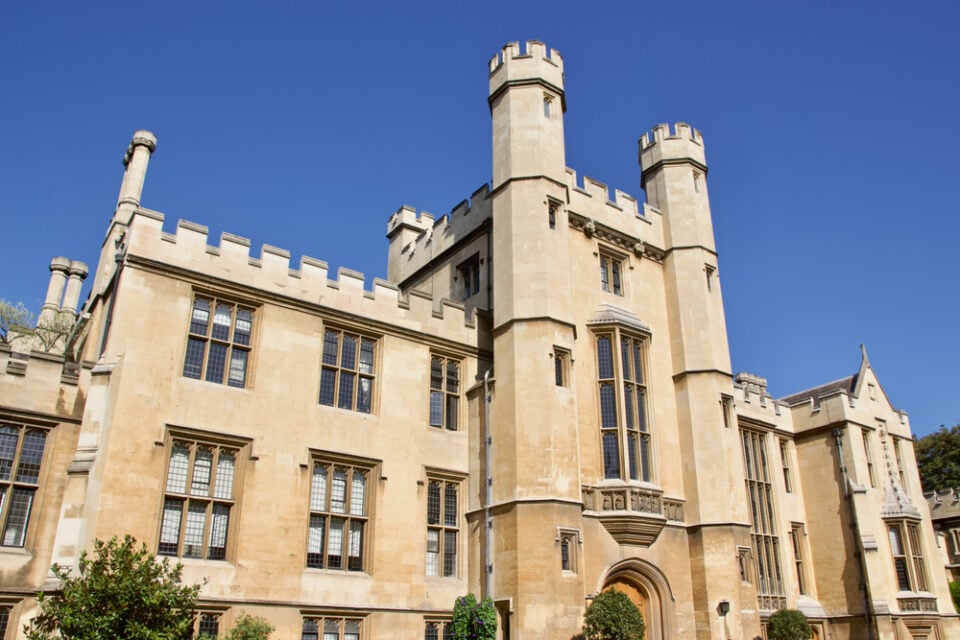Scott Holmes responds to an article by David Phillips taking issue with the methodology of a recent Anglican Church survey into domestic violence.
Across our globe there has been over recent decades an increased attention on women’s experience of violence, including intimate partner violence (IPV).
The scale of this issue is demonstrated by the number of countries that are taking significant steps to reduce this violence, including actions that seek to address the underlying conditions from which it arises.
Australia is included in these countries and we are one of the few to have a comprehensive, bi-partisan national plan that directs our response.
The 2017 General Synod of the Anglican Church recognised the need for the Anglican church in Australia to be a part of this commitment to solving this problem. It resolved to establish a Family Violence Working Group (FVWG) to oversee a number of activities, including the research referred to in the article by David Phillips. There are two main reasons for the research.
Firstly, most Australian data on IVP has not collected demographic data related to church affiliation and involvement, meaning that we have almost no data to help us understand to what extent IPV is an issue for and within the Anglican Church.
Secondly, the family violence sector – those whose work concerns all people impacted by family violence – have for years been reporting that they see many women for whom religious affiliation, beliefs and practices play a role in their experience of victimisation as well as their ability to escape this victimisation.
In making this observation, the sector has challenged faith communities of all sorts to stop pretending that this is an issue that does not impact us. This research takes this challenge seriously by seeking data with specific relevance to the Anglican context.
In his article David Phillips rightly points out a range of methodological limitations of the research, limitations which the research itself identifies.
Unfortunately, to have conducted this research with a methodology that avoided some of these limitations was well beyond the resourcing available to the FVWG. The research was conducted by a highly experienced and regarded research team, under the guidance of the Charles Sturt University Human Research Ethics Committee.
Their analysis of the results has been done carefully and with full consideration of the methodological limitations and provides us with important data that the Anglican church needs if we are to find the courage to address this issue.
Central to Mr Phillips concerns in his full appraisal of the NCLS research is the finding that IPV is a gendered phenomenon in which men are more likely to be perpetrators and women victims, and in which women’s experience of victimisation is different to that of men. In his paper he suggests that, “The question of whether women suffer similar or greater levels of IPV than men is hotly contested.”
This statement itself would be hotly contested by the vast majority of the family violence sector, the police and those leading the government response to this crisis. There is not space in this short response to address the arguments Mr Phillips uses to support his view.
For many years now, national and international research on violence against women, including IPV, has confirmed that men are far more likely to be perpetrators of violence and women victims. Readers wanting to explore the data are encouraged to start with the Quick Facts section of the Our Watch website which in turn will direct them to the findings from the Australian Public Safety Survey and the National Community Attitudes Survey .
For those of us who have been active in the preventing violence against women space for many years, papers such as Mr Phillips’, are no surprise.
When faced with compelling evidence that there is an issue with men’s use of violence, and that this use of violence has a significant and highly adverse impact on women, the ‘men are also victims too’ argument always arises. Indeed, men are victims of violence – almost all of it perpetrated by other men outside the home.
But for some reason, the ‘men are victims too’ brigade never seem to want to talk about this; never want to talk about why it is that the most common expressions of masculinity are so steeped in violence; never want to talk about such issues as gun violence and masculinity, or violence and men’s sport.
Instead, this deeply disturbing issue about masculinity and violence is avoided by attempts to paint women as equal perpetrators with men, and thereby minimise women’s experiences even more.
The National Anglican Family Violence Project makes one thing abundantly clear – intimate partner violence happens within the church communities of the Anglican church.
The time is long past to push back on this reality with arguments about statistics and methodology. It is time to lament the pain that women in our church have experienced.
It is time to confront the deep patterns of violence in the lives of men. It is time to make the changes needed so that women and men can all live without fear. It is time to take seriously what it means to believe that God is love.
The Rev’d Scott Holmes is a member of the General Synod Family Violence Working Group and a member of the Committee of Management for the Anglican Diocese of Melbourne Preventing Violence Against Women.






